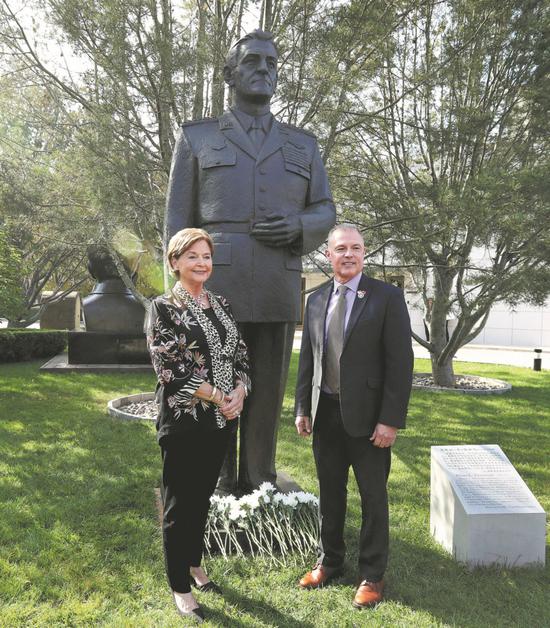
Nell Calloway (left), granddaughter of Claire Lee Chennault, poses for a photo with the statue of Chennault inside the Museum of the War of Chinese People's Resistance Against Japanese Aggression in Beijing on Oct 30. (GUO HAIPENG/FOR CHINA DAILY)
Participants of a seminar on Flying Tigers on Wednesday received a message of appreciation from President Xi Jinping.
The message was conveyed by the Chinese Ambassador to the United States Xie Feng. The host of the seminar, which was organized at the Cal Poly Pomona University by Yunnan province representatives, read it out.
Xi's message was in response to a letter by Nell Calloway, the granddaughter of US General Claire Lee Chennault, leader of the Flying Tigers, and high school students from Calloway's hometown of Monroe, Louisiana.
Xi, while expressing his appreciation for Calloway's dedication to the Flying Tigers' legacy, encouraged Monroe's students to participate in China's initiative to have 50,000 young US students join exchange and study programs in China in the next five years.
The Flying Tigers, also known as the 1st American Volunteer Group, was formed in 1941. Two of the squadrons were based in Kunming, Yunnan province. The deep-rooted connection between Yunnan and the pilots has been memorialized through the restoration of numerous historical sites, including the Kunming Flying Tigers Museum and the Hump Monument.
Calloway expressed her gratitude for Xi's message.
"We are continuing to teach this important piece of history so that we can build on it for the future of our country," she told China Daily.
Calloway recounted how her grandfather, General Chennault, first went to China in 1937, years before the Flying Tigers were formed.
"My grandfather stayed in China from 1937 to 1941, when he saw the atrocities that the Japanese were committing on the Chinese people," Calloway recalled. "He came home to talk to president Franklin Roosevelt and to send aid to China, and he was successful in talking Roosevelt into allowing him and his men to recruit pilots and a support group of 300 to come over to aid China."
For many in Yunnan, the Flying Tigers represent their earliest impression of the US, according to Wang Wei, deputy director-general of Yunnan's foreign affairs office.
"During World War II, for them, the Flying Tigers were America," Wang said at the seminar.
New technologies, such as online databases and virtual museums, have helped spread the stories to a global audience.
Calloway, who serves as the CEO of the Chennault Aviation and Military Museum, has made several trips to Kunming, including a visit last year.
The seminar also featured a photo exhibition featuring stories of bravery and sacrifice by the Flying Tigers and the people of Yunnan.

























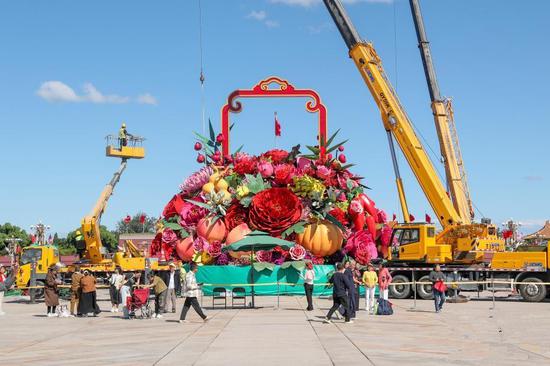
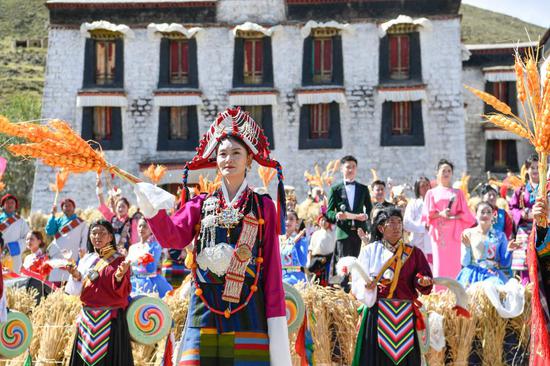

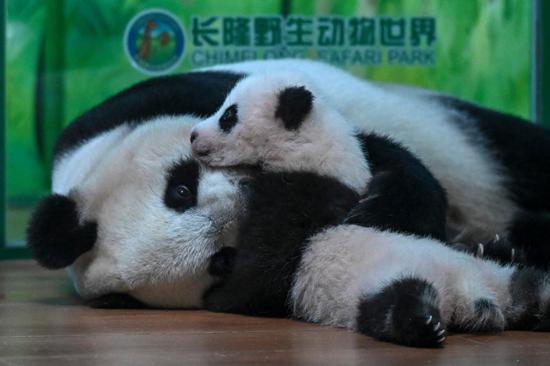

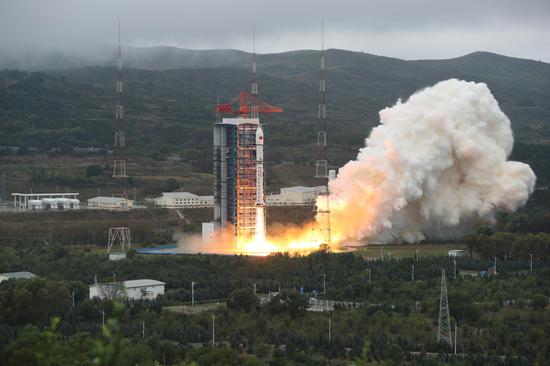
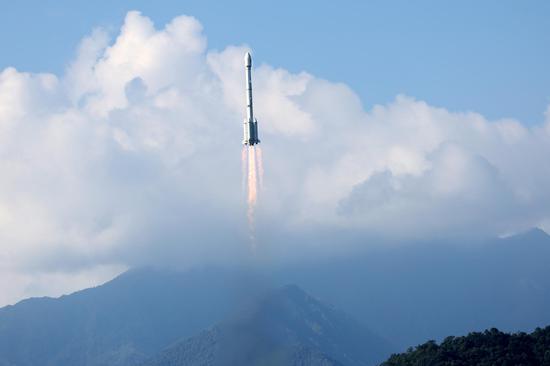

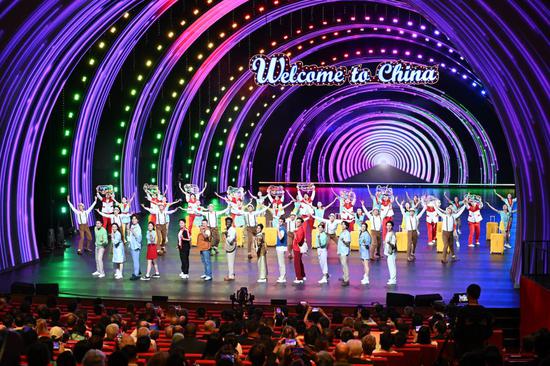




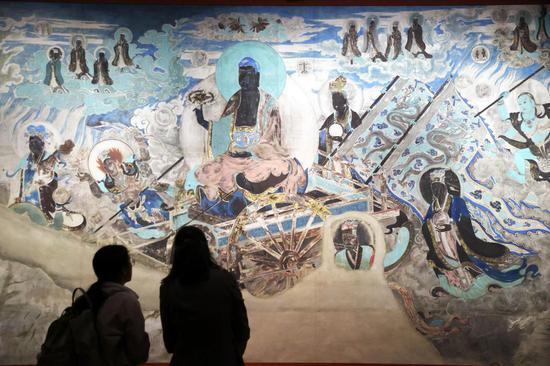
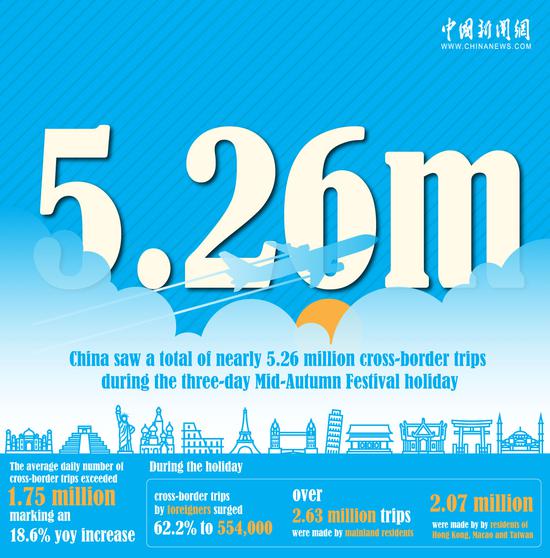
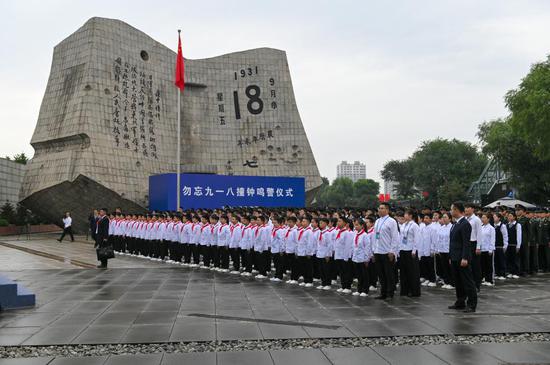

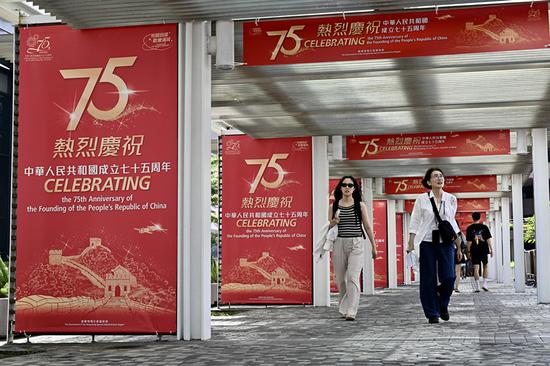
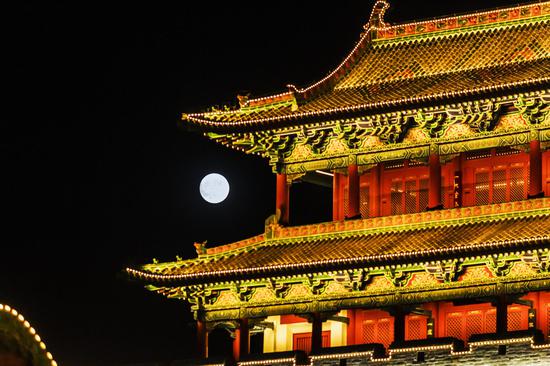
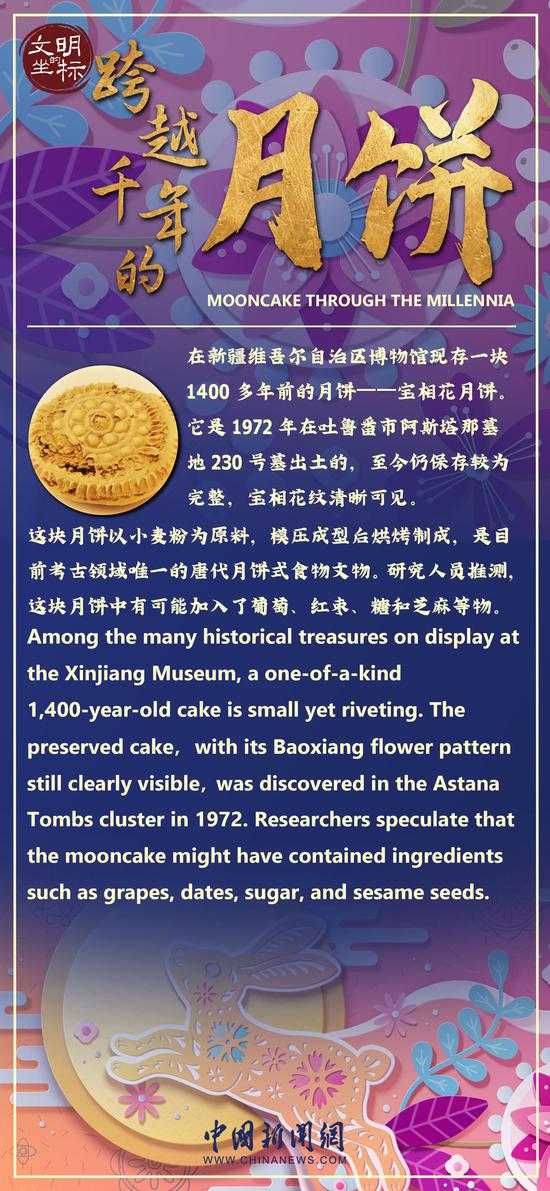



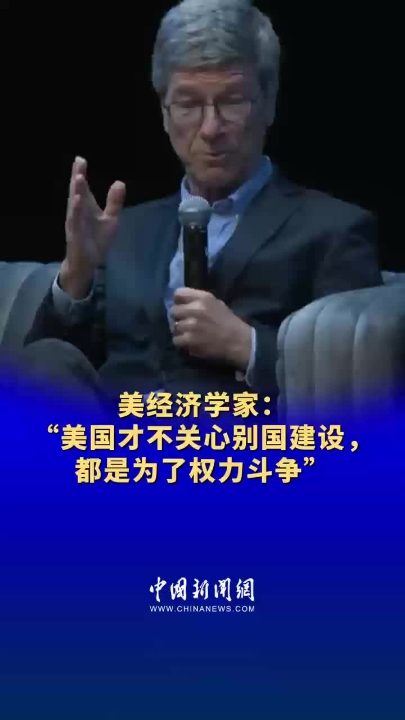

 京公网安备 11010202009201号
京公网安备 11010202009201号